BBC Earth newsletter
BBC Earth delivered direct to your inbox
Sign up to receive news, updates and exclusives from BBC Earth and related content from BBC Studios by email.
Astrophysics
Scientists have chased a theory for decades…but is it a ghost, a black hole, or a newfound planet?
A ‘ghost planet’ sounds like something JJ Abrams is considering for his next project, but that’s just one of the many terms used to describe Planet Nine, a hypothetical mystery world. If it is discovered, it would be the first newfound planet to be recognised within the solar system since 1846.
For more awe-inspiring space content, new BBC series the #Universe delves into everything from black holes through to mysterious alien worlds. For more information about where to watch visit our show page.
*This article was published in October 2021, and since publication new evidence has been found. Imperial College London has just examined data from a now-defunct telescope obtained in 1983. It possibly shows an object three to five times the mass of Earth, orbiting c.225x further from the sun than Earth does, in roughly the area where Planet Nine is expected to be.1
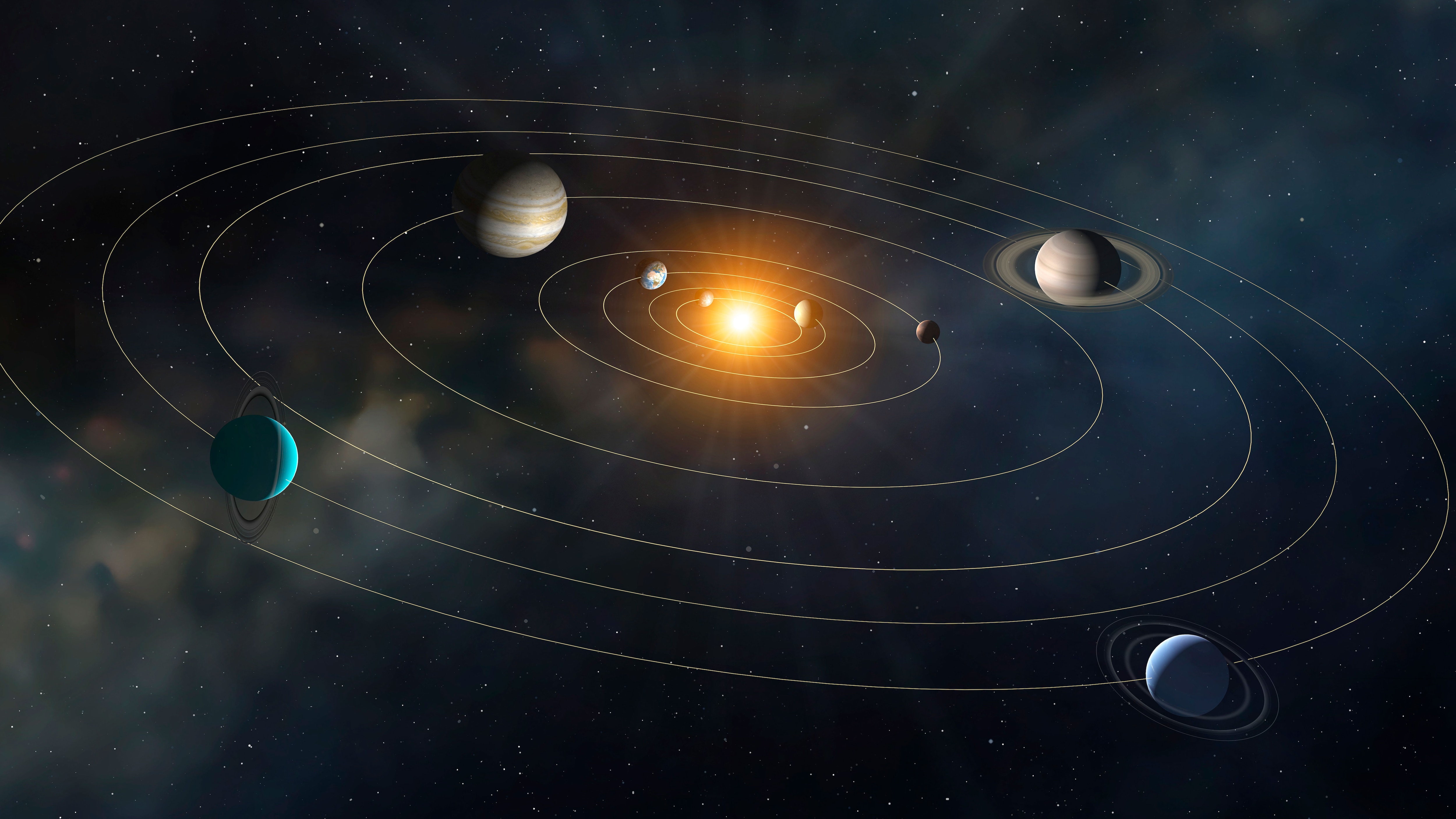
In the early 1900s, astronomers believed Planet Nine could exist as it would offer an explanation for the “wobbles” in the orbits of Uranus and Neptune. The gravitational pull of another planetary body was thought to be responsible and so when Pluto was discovered in 1930, scientists believed this was the ‘ghost planet’ they’d been seeking, so the search was over. However, the hunt restarted when further research revealed that Pluto was too small to affect Neptune and Uranus (poor Pluto would later be demoted to a ‘dwarf planet’ – and whether it is a planet at all is hotly debated).2 Based on data collected from Voyager 2’s fly-by of Neptune in 1989, NASA announced that there were no anomalies in the orbits of the outer planets at all; they were not rogue. So, at this stage, it seemed that they had been searching for something that did not exist.
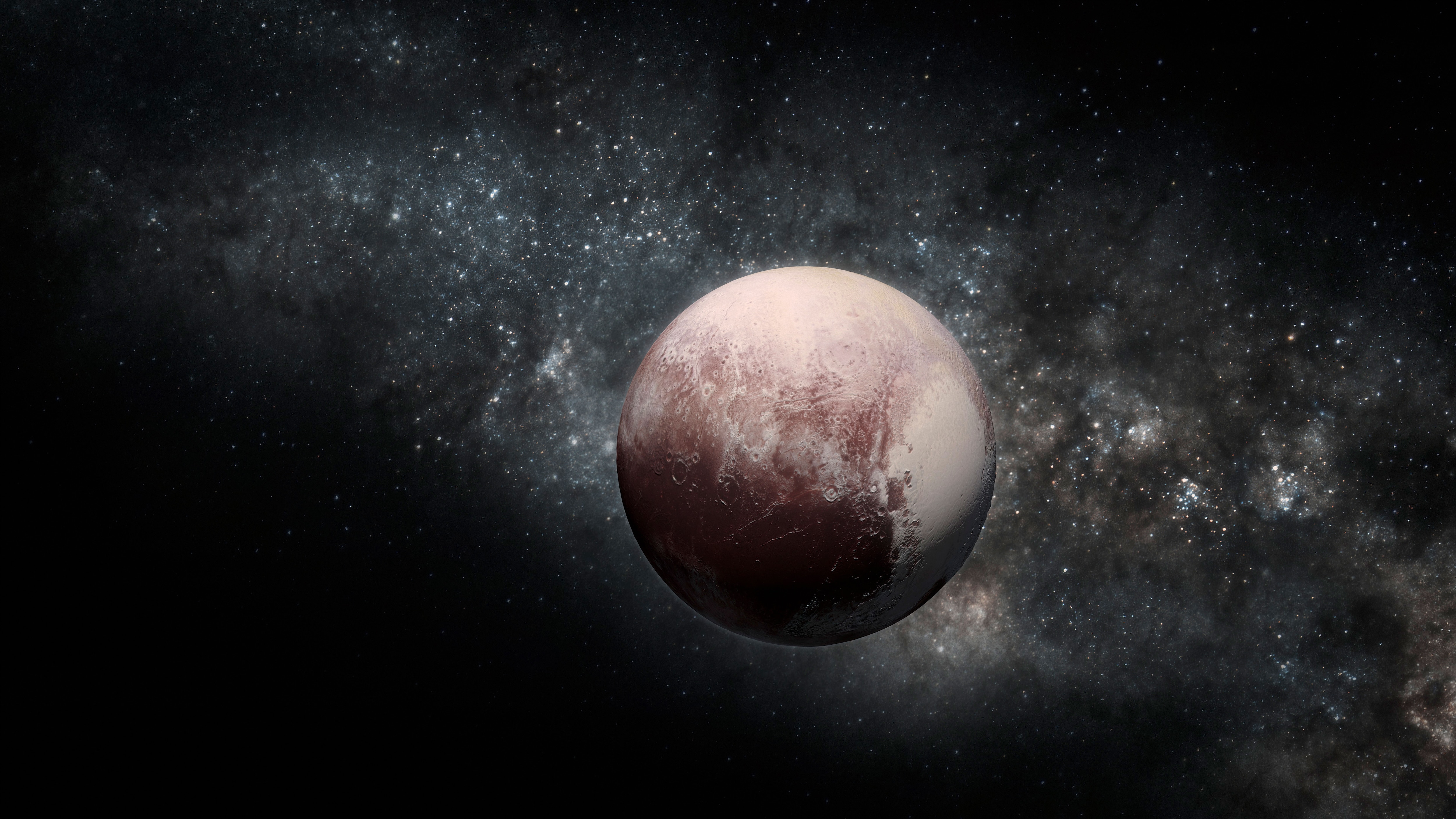
In 1992, the Kuiper Belt was discovered and with its study came more signs that Planet Nine may well exist. This vast region of the solar system beyond Neptune is believed to contain hundreds of thousands of icy bodies larger than 100 km (62 miles) across, as well as a trillion or more comets.3 Pluto is the best-known of the larger objects here, with Quaoar, Sedna, and Eris discovered between 2002 and 2005 – and all four were classified as dwarf planets in 2006. Scientists noted that Sedna travels in a long, elliptical orbit that takes 11,000 years to complete. What pulls Sedna in this direction? Could it be another world with a strong gravitational pull - Planet Nine?4

In 2016, Mike Brown and Konstantin Batygin from the California Institute of Technology (Caltech) posited the existence of a planet with a mass between five and 10 times than that of Earth (later revised to five or six times the mass). The idea being that this planet was pulling not only Sedna but five other objects, all tilted at the same angle and in the same direction.5
Since 2016, approximately 19 objects were identified as following an unusual pattern of orbit. Any that may be influenced by Neptune were then discounted, leaving them with 11 that they believe could be affected by the gravitational pull from their theoretical planet.6
The mass of Planet Nine had already been estimated based on the apparent force of its gravitational pull, so scientists went on to theorise what it looks like. Based on their idea of its mass and also its position in space, they say it is either a rocky super-Earth, or a gaseous mini-Neptune – also sharing characteristics with Uranus or Neptune, making it an icy planet with a solid core.
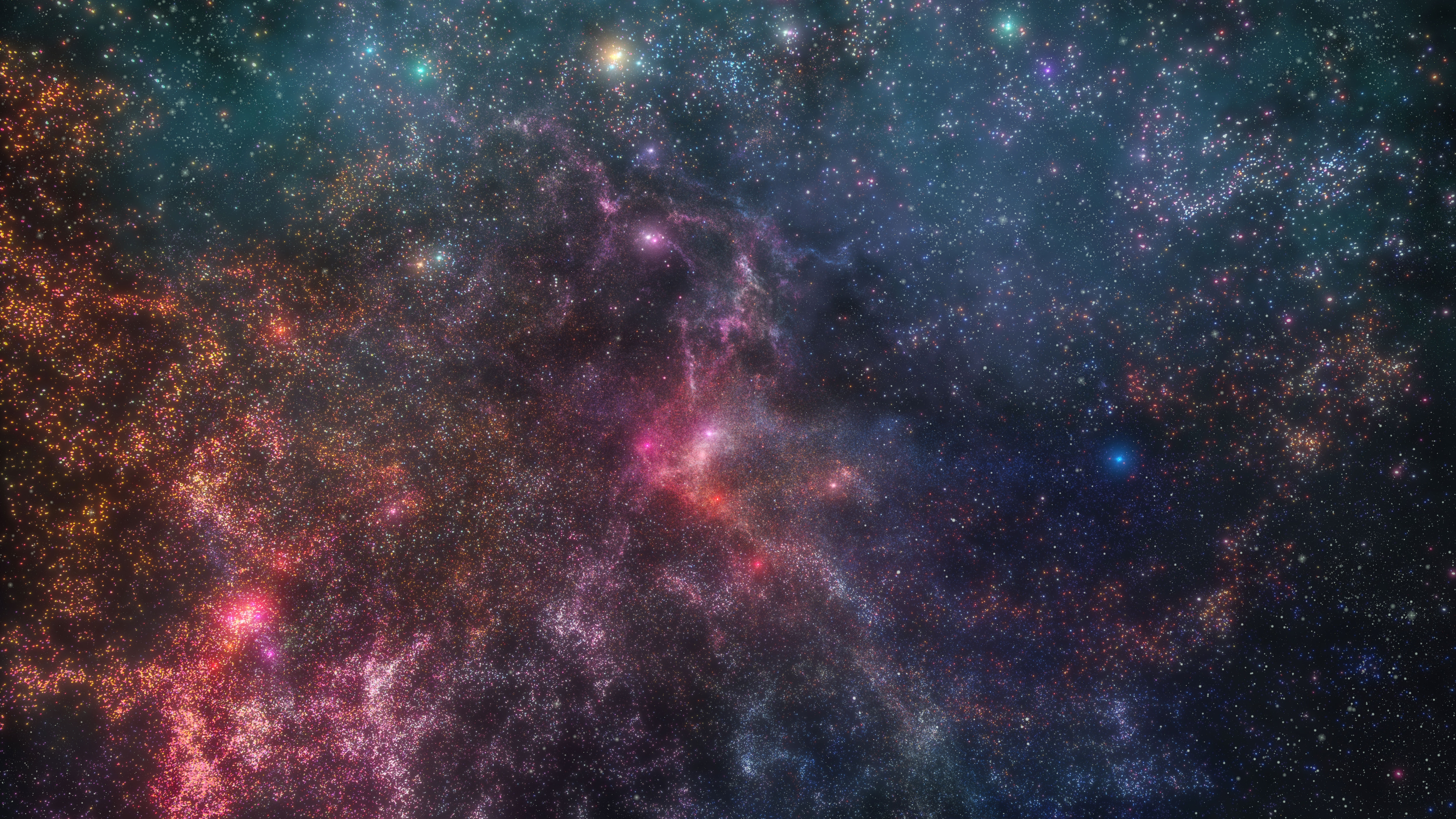
Hunting down one item in the universe is not something astronomers do often; their efforts are usually targeted at viewing classes of objects, such as a particular kind of planet. Professor Batygin has predicted an orbit of Planet Nine based on the movement of the objects he believes it is affecting, but pinpointing it still isn’t going to be easy. Its elusive nature suggests that it’s at the far edge of its enormous orbit, meaning it’s unlikely to be reflecting much light from the Sun. As such, it will remain in shadow, hidden within the sparkling starfield of the Milky Way. That said, it should still be possible to see it using existing telescopes…7
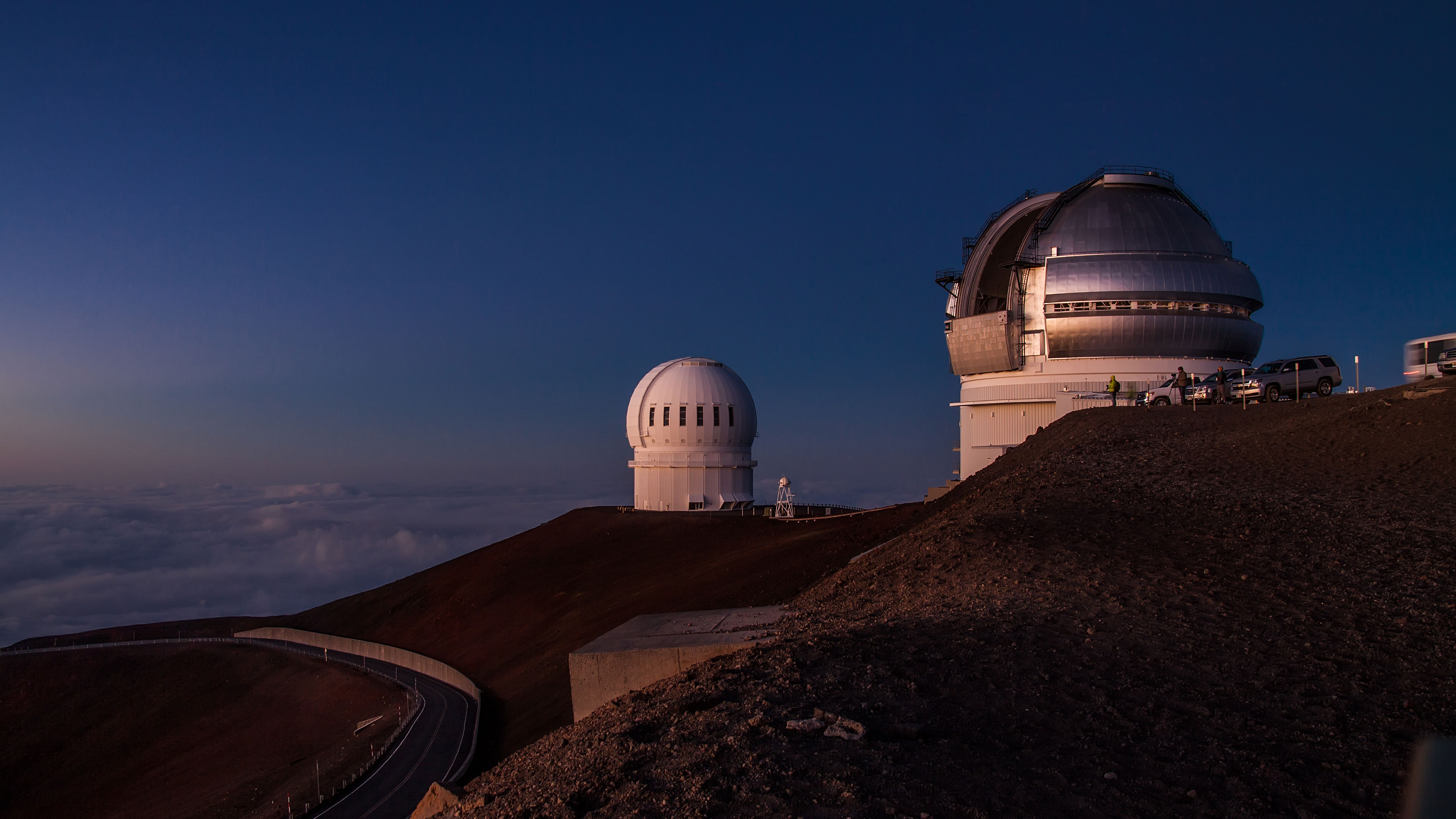
To aid in their search for Planet Nine, astronomers are using the powerful 8.2m Subaru telescope that sits on Hawaii’s dormant volcano Mauna Kea.8 Whilst it is currently one of the best options available for success, the team is only allocated around three nights a year to use Subaru. NASA’s Transiting Exoplanet Survey Satellite (TESS) may also catch sight of Planet Nine as it continually searches for planets orbiting other stars,9 but the best hope lies with the Vera Rubin Observatory, currently under construction in Chile.10 In 2023, this 8.4m telescope will begin taking photographs of the entire visible sky (two-thirds of the whole sky), uniformly and repeatedly every few nights. This will enable astronomers to track the movements of celestial objects from the mountain-top observatory – and maybe spot Planet Nine at the same time.
New analysis by Brown and Batygin predicts that Planet Nine could be brighter and closer to us than previously thought. They now think its orbit is much tighter, taking 7,400 years to travel around the sun rather than 18,500 years as previously estimated. This makes the chances of discovery, if it is indeed there, significantly improved.11
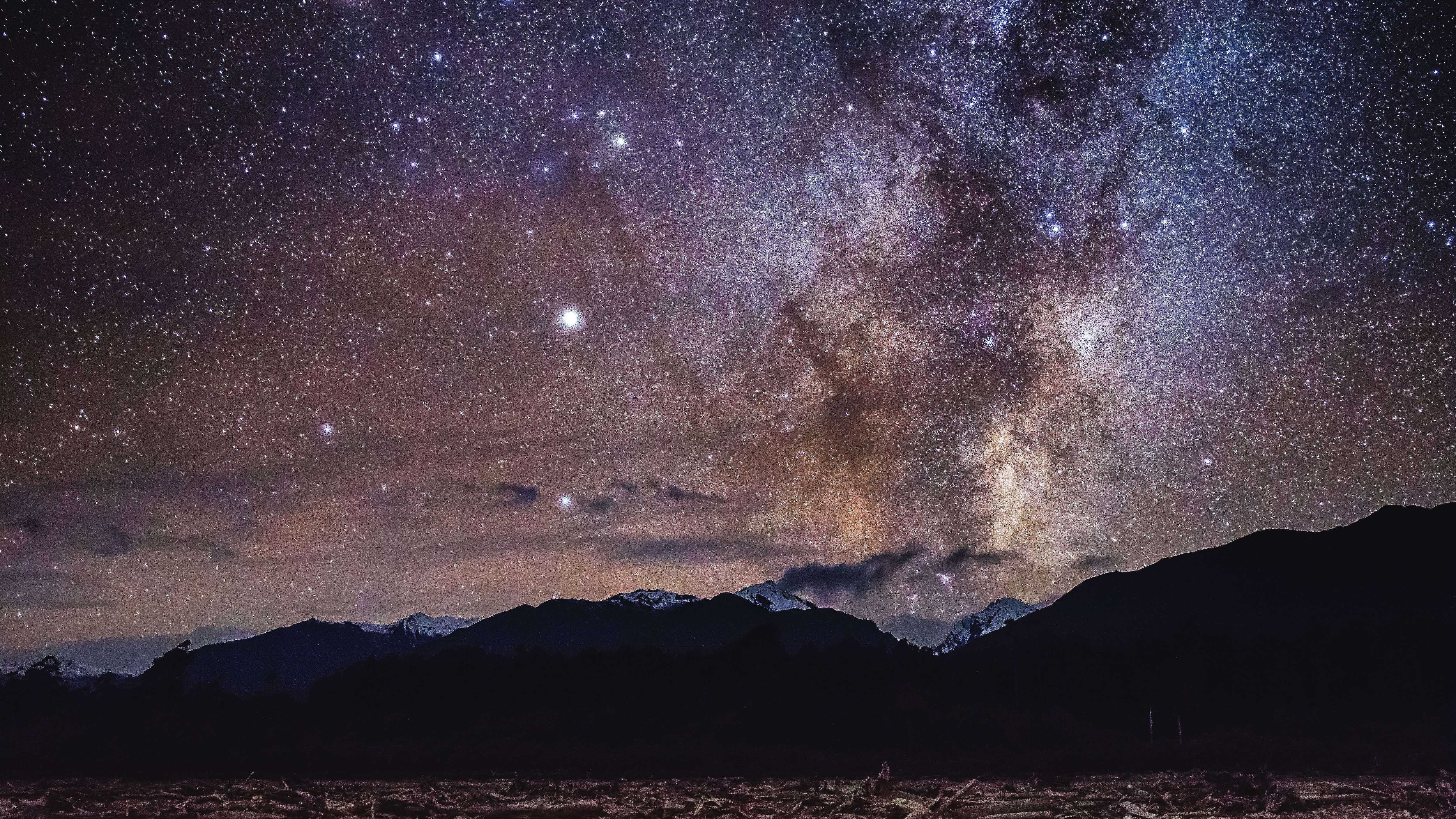
There are Planet Nine sceptics. Of course there are, this is modern astronomy. Some believe it isn’t even a planet, but a primordial black hole, one of the compressed masses that formed during the very first second of our universe’s existence. Black holes are some of the densest objects in the Universe, making it possible that it – rather than a planet – is affecting the orbits of other masses.12
Other astronomers are convinced that Planet Nine is simply natural bias in sky surveys. They say that ascribing the existence of a planet to the observations around gravitational orbit is risky because until we know more about these objects, we cannot know if they really are behaving strangely. As searches for this elusive planet have proved fruitless, critics contend that signs of Planet Nine are nothing more than ghosts in the data.13
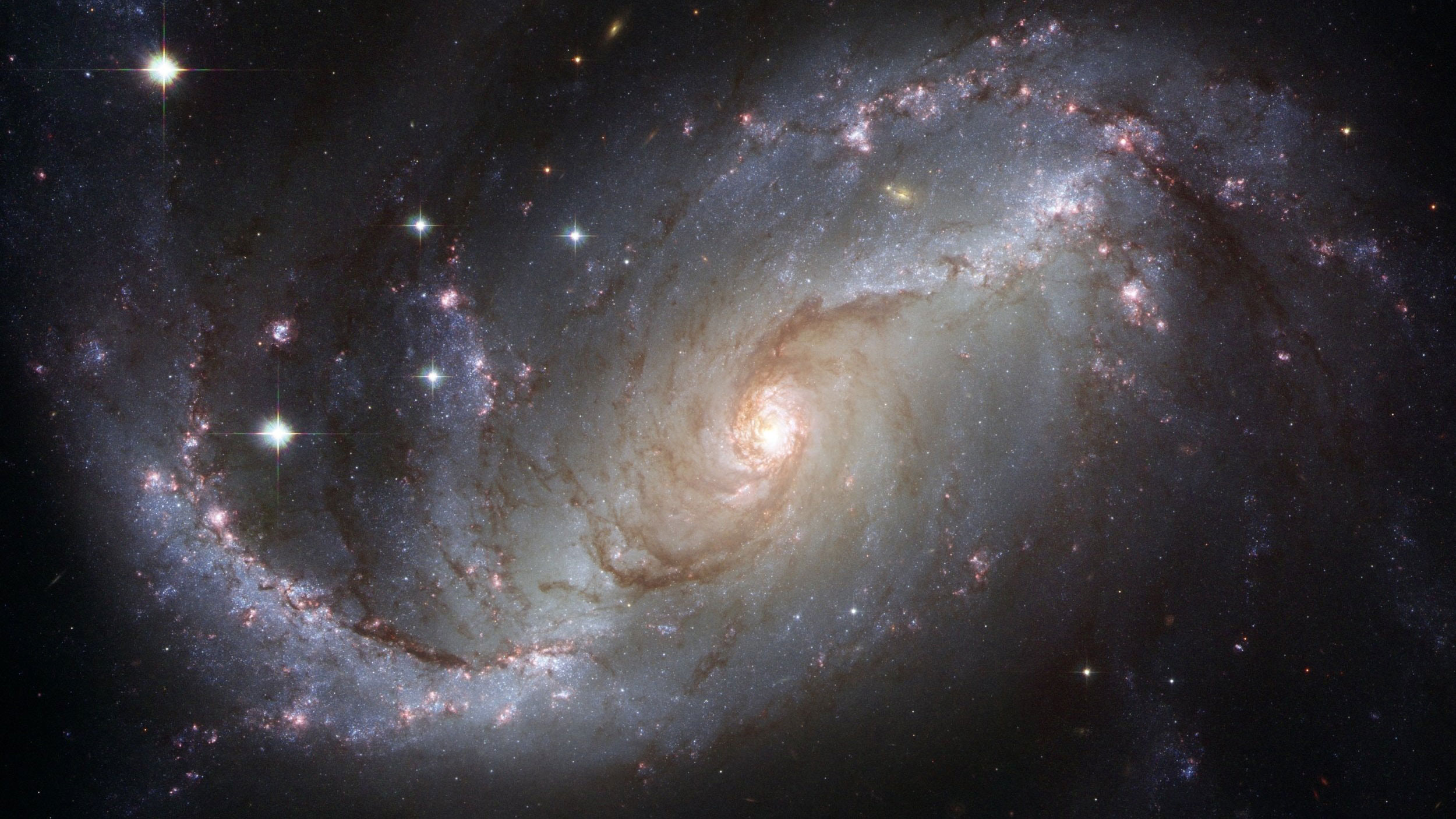
Attitudes vary widely to Planet Nine. Enthusiasts are committed to its existence and believe it is simply a matter of time before we are celebrating its discovery. Sceptics believe it is an over-optimistic viewing of the data, black hole believers are more excited at that prospect of a primordial black hole than that of the announcement of a new planet, and Planet Nine agnostics are watching progress with detached interest. Brown believes we are a year or two away from finding our elusive fellow traveller across the Universe, but points out that he has expressed this belief every year for the past five years. Will Planet Nine forever remain a mystery?
Still intrigued about the Universe?
In new BBC series The Universe, Professor Brian Cox journeys across the vastness of time and time to reveal epic moments of pure drama that changed the #Universe forever. From the depths of black holes to mysterious alien worlds, journey into the darkest corners of the Universe like never before... For where to watch in your region, visit our show page here.
Featured image © Xuanyu Han
1. New evidence about Planet Nine, 2. The Rise and Fall of Pluto, 3. The Kuiper Belt, 4. Sedna Pulled by Planet Nine, 5. The New Argument for Planet Nine, 6. Refining the Search, 7. Telescope Tracking 8. Subaru Telescope, 9. The Transiting Exoplanet Survey Satellite, 10. Vera Rubin Observatory, 11. Recalculated Orbit, 12. Primordial Black Holes, 13. Ghosts in the Data or Biased Viewing